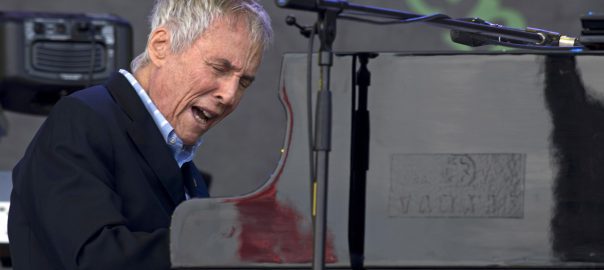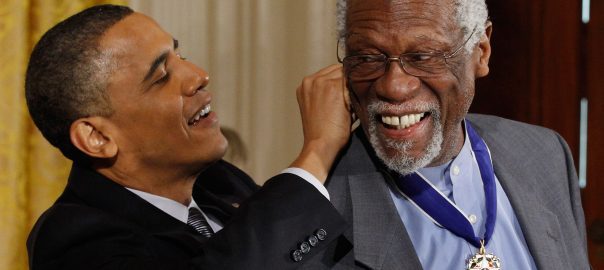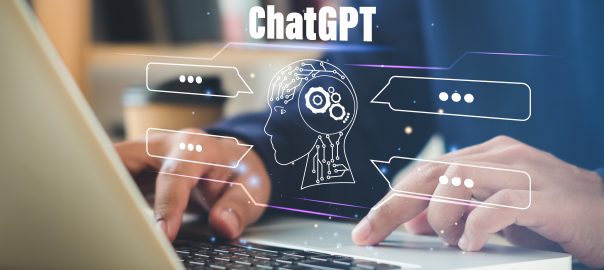Chantal Gautier, University of Westminster
Sex can be wonderful, but it can also be tricky. Science may be the furthest thing from your mind when you’re getting intimate with someone. But actually, there’s a lot we can learn from science when it comes to sex.
The science of sex is a broad field of research that encompasses many aspects of human sexuality, from physiology to the psychological and social factors that influence sexual behaviour.










